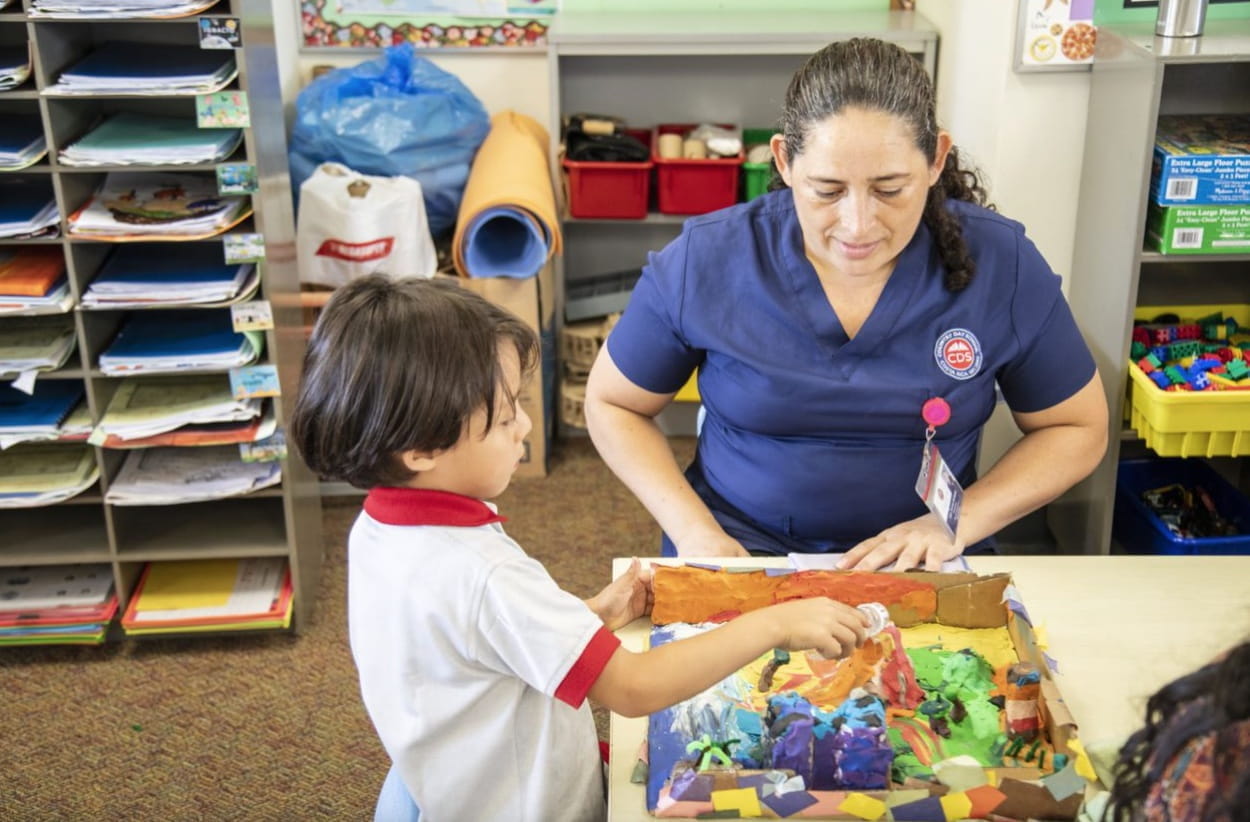We use cookies to improve your online experiences. To learn more and choose your cookies options, please refer to our cookie policy.

From Boredom to Breakthrough: 11 Creative Ways to Make Summer Vacations Productive for Your Kids by Anita Madan
What do you do if your kids are already bored of their long summer holidays? Educator Dr Anita Madan, head of curriculum development at EuroKids, has some tips for you.
As the academic year ends, parents and children eagerly look forward to the summer break—a pause from the endless alarms and early morning routines. Summer vacation is the time to break life’s everyday monotony and help children recharge and develop intellectually and physically as they prepare to kick-start another academic year.
However, most parents face challenges during summer breaks in engaging their children productively and ensuring they maintain a routine. Most children are glued to the television and iPad screens, easily bored due to a lack of activities. This only adds to the pressure on parents to balance their work life with their kids’ downtime.
Planning a summer vacation has the potential to create quality family time and develop deep-rooted bonding opportunities for children with their parents and siblings while exposing them to new experiences. It can also help provide learning or educational opportunities, improve physical and mental health through outdoor time, and enhance creativity. Overall, planning a summer break well can benefit families, leading to improved relationships, increased happiness, and enhanced well-being.
Having worked with children for decades, I have noticed several children develop an interest in new languages, pick up gardening, or be quicker at math due to exposure to different skills during vacation time.
But what is vacation time? Does it always require you to travel? Or is it always about signing up children for swimming classes? The best way to approach this is to offer your children various opportunities to develop different skills, from outdoor activities to newer experiences. Here are some creative ways to make summer breaks productive for your kids:
In conclusion, remember that the most important thing during summertime is letting your children have fun and explore their interests while ensuring they have enough time to relax and rejuvenate. Help them gain exposure to as many fun activities as possible so they get an opportunity to develop different kinds of skills. All you have to do is stay connected with your children and be involved in their new learnings. Wait and see if the kids want to continue a specific activity even after the summer break. It will help your children fine-tune their newly acquired skills.
How Will You Measure Your Life? by Clayton M. Christensen
Summary
Harvard Business School’s Christensen teaches aspiring MBAs how to apply management and innovation theories to build stronger companies. But he also believes that these models can help people lead better lives. In this article, he explains how, exploring questions everyone needs to ask: How can I be happy in my career? How can I be sure that my relationship with my family is an enduring source of happiness? And how can I live my life with integrity?
The answer to the first question comes from Frederick Herzberg’s assertion that the most powerful motivator isn’t money; it’s the opportunity to learn, grow in responsibilities, contribute, and be recognized. That’s why management, if practiced well, can be the noblest of occupations; no others offer as many ways to help people find those opportunities. It isn’t about buying, selling, and investing in companies, as many think.
The principles of resource allocation can help people attain happiness at home. If not managed masterfully, what emerges from a firm’s resource allocation process can be very different from the strategy management intended to follow. That’s true in life too: If you’re not guided by a clear sense of purpose, you’re likely to fritter away your time and energy on obtaining the most tangible, short-term signs of achievement, not what’s really important to you.
And just as a focus on marginal costs can cause bad corporate decisions, it can lead people astray. The marginal cost of doing something wrong “just this once” always seems alluringly low. You don’t see the end result to which that path leads. The key is to define what you stand for and draw the line in a safe place.
Take a look at the entire article here.